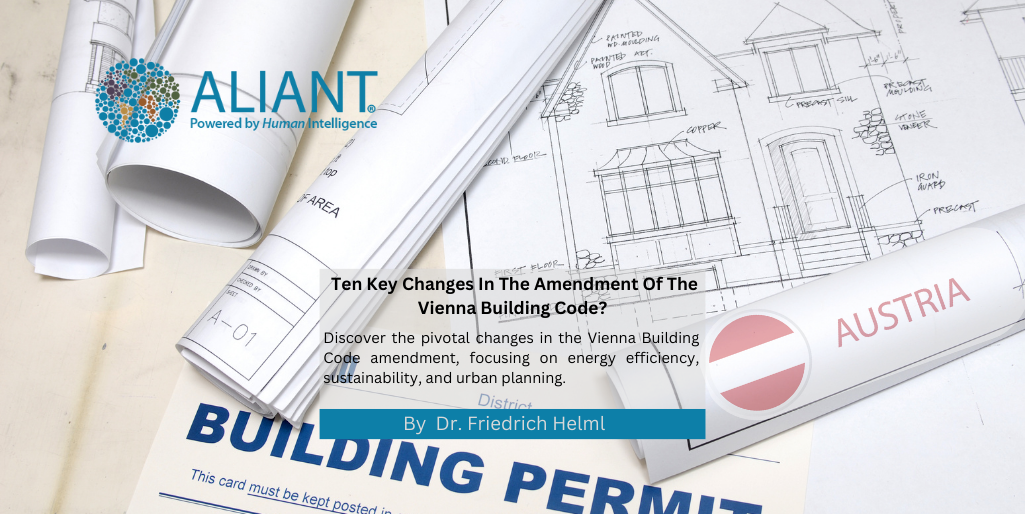Here are some of the most notable 10 changes introduced by the amendment:
1. Promotion of District Heating and Heat Pumps: The amendment incentivizes the expansion of district heating systems and the installation of heat pumps in new buildings, extensions, and conversions. Highly efficient alternative systems such as heat pumps are now mandatory, with infrastructure allowances to accommodate them.
2. Expansion of Building Projects Exempt from Permit: Geothermal probes have been added to the list of building projects that do not require a permit, streamlining the process for certain construction activities.
3. Reduction in Minimum Room Height: The minimum room height for retrofitting surface heat emitting systems has been reduced to 2.4 meters, allowing for more flexibility in building renovations.
4. Mandatory Installation of Solar Energy Sources: New buildings and extensions are now required to install solar energy sources, with a focus on promoting renewable energy usage. Photovoltaic systems are subject to notification rather than a full permitting process.
5. Promotion of Green Façades and Roofs: The amendment encourages the greening of façades and roofs through various measures aimed at facilitating and incentivizing these practices.
6. Tree Planting Requirements: Outdoor car parking spaces now require the mandatory planting of trees, with one tree for every five parking spaces, promoting urban greenery and mitigating environmental impact.




